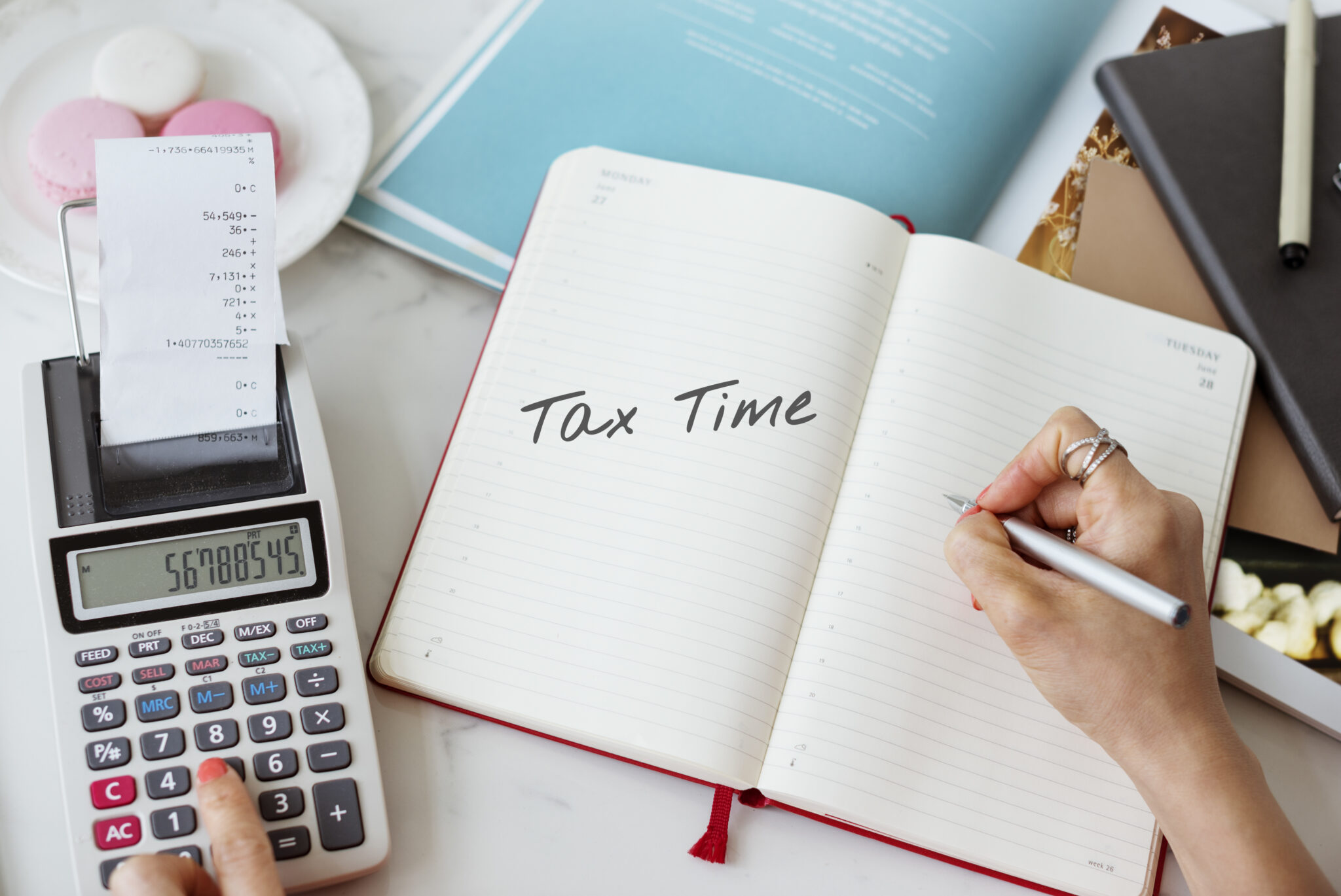
A rough guide to end of year tax
End of year is fast approaching, so now is the time to start gathering your paperwork so you can optimise tax returns and maximise your income.
Depending on what stage your investment property is in the financial year (ie was it bought, sold or have you owned it for the entire tax year) there are different tax obligations associated with buying and selling an investment property.
Here’s our rough guide of what you need know.
Owning your property
You’ll need records for the period of time the property is used as a rental property. If at any time in this tax year the property was used in a private capacity by you or your friends and/or the property was used as your main residence, you cannot claim any associated costs in this period of time.
Records include:
- proof of earned rental income
- all your expenses
- loan documents if you refinanced your property
- Any capital improvements – while you cannot claim a tax deduction for this tax year, it’s important to keep these records for when you come to sell the property.
Checklist of tax-deductible expenses:
- Rates: water and council rates, charged once the property is ready to rent.
- Mortgage interest: this is the interest relating to your investment property, not your owner-occupied property. You cannot claim on any repayments you make to pay down the loan.
- Insurance: landlord, building, contents and public liability
- Property management fees: fees or commissions paid to property agents.
- Depreciation: based on either a depreciation report (quantity surveyors report) or from individual assets purchased for the property (new oven, flooring, blinds etc.).
- Maintenance and repairs: essential work such as plumbing, clearing gutters.
- Finding tenants: such as advertising and screening costs
- Property manager expenses
- Other costs: strata fees, pest control, cleaning, gardening and security monitoring.
If you’ve bought your property in the 23/24 tax year
In addition to the above for associated running costs for the period of time you owned and received rental income for the property for this tax year, property investors will also need to give their accountant the following information:
- contract of purchase
- conveyancing documents
- loan documents
- costs to buy the property
- borrowing expenses
Checklist of what to include if you’ve sold your property in the 23/24 tax year
- contract of sale
- conveyancing documents
- sale of property fees
- calculation of capital gain or loss
- any capital improvements which have increased the value of the property
For more information of what you can and cannot claim for, visit the ATO website.
Each property is different, and there may be other costs you can claim for. Speak to your accountant who will advise according to your situation.
Added benefits of a property manager
We know we’re biased but employing a property manager is not only a tax-deductible expense, but they can also help reduce the time spent preparing your tax return.
As well as saving you time with managing your investment property, such as finding a tenant and managing your maintenance, we also manage and correctly record the financial outgoings and rental income paperwork. We send a copy of this to you at the end of each month, and also a final one at year-end to give to your accountant.
If you want some time saving tips on how to manage your investment property paperwork, read our ‘how to make rental paperwork easy blog post.
With many of our team having investment properties themselves, we are always exchanging ideas and coming up with solutions.
If you want to know more about our property management services or investing in property, get in touch. Our motto is very simple – we treat every property as if it’s one of our own, and we’ve helped thousands of people realise their financial goals through property.
Our aim is to make your life easier and your property experience exceptional. Simply give us a ring on 02 4956 9777, send us an email to mail@newcastlepropertymanagement.com.au or pop into our Cardiff office for a chat.
Check out our Facebook page for more tips and ideas.